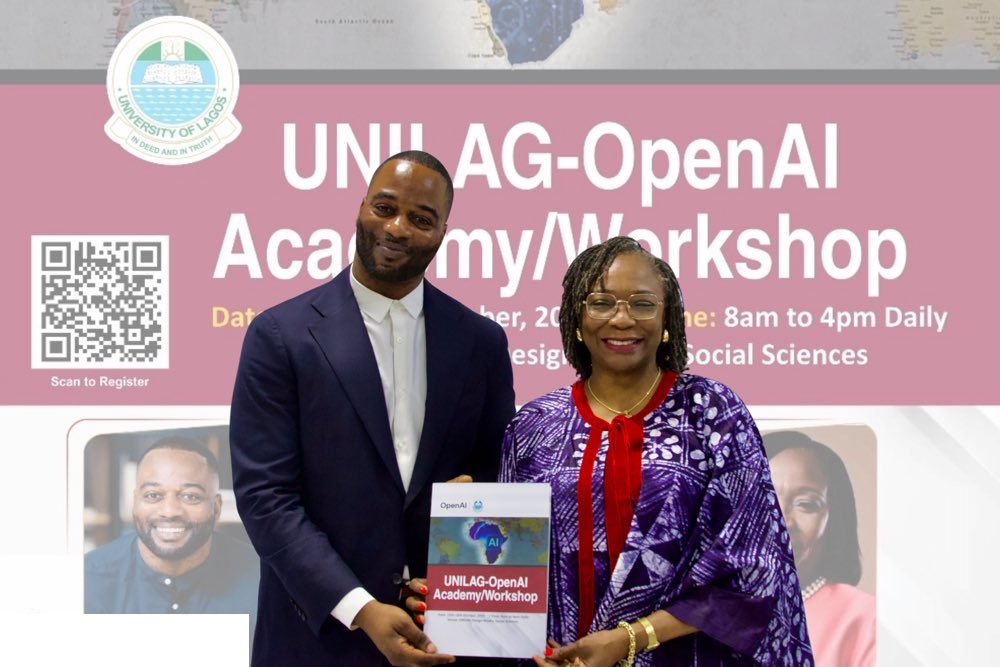OpenAI chooses UNILAG as home for its first African AI academy

OpenAI has selected the University of Lagos (UNILAG) to host its first-ever Artificial Intelligence Academy in Africa, marking a significant step in democratizing access to AI education and research on the continent. The announcement was made during UNILAG’s 2025 International Week, themed “Equitable Partnerships and the Future of AI in Africa.”
Quick Insight: This partnership aims to shift Africa from technology consumption to creation—equipping local talent with AI tools, knowledge and global collaboration opportunities.
1. Why UNILAG Was Chosen
• UNILAG’s strategic location in Lagos—one of Africa’s fastest-growing tech hubs—was a key factor.
• Its multidisciplinary research model—where engineers, social scientists, clinicians work together—aligns with OpenAI’s vision of responsible and contextually relevant innovation.
• The university’s record in AI and machine-learning research, and its global partnerships, made it a strong logical partner for this initiative.
2. What the Academy Will Deliver
• Free or highly subsidised AI education for students, researchers, and industry partners across Africa.
• Hands-on workshops, mentorship, and collaboration opportunities with OpenAI and global tech partners.
• Focus on AI literacy, open research, ethical innovation, and building solutions tailored for African contexts.
• A platform to incubate startups, research groups and applied AI that address local issues like healthcare, agriculture, energy and governance.
3. Implications & What to Watch
• For Nigeria and Africa, this elevates the continent’s standing in global AI research and capacity building.
• Universities and governments will need to ensure infrastructure, connectivity and policy frameworks match this ambition.
• The success of the Academy will depend on sustained funding, open access, and real opportunities for the trained talent.
• It signals a shift in education from traditional models to partnerships that combine academia, global tech and local needs.
Why Africa Must Lead AI Innovation, Not Just Follow
• Africa’s diverse challenges and contexts mean generic, imported AI solutions often miss the mark—local innovation matters.
• By training Africans to build the tools, the continent can avoid being a passive consumer of technology and instead shape its future.
• Equitable partnerships—where knowledge, resources and outcomes flow both ways—are essential for sustainable progress.
• This moment offers African talent a chance to compete globally from home and contribute solutions that could impact the world.
